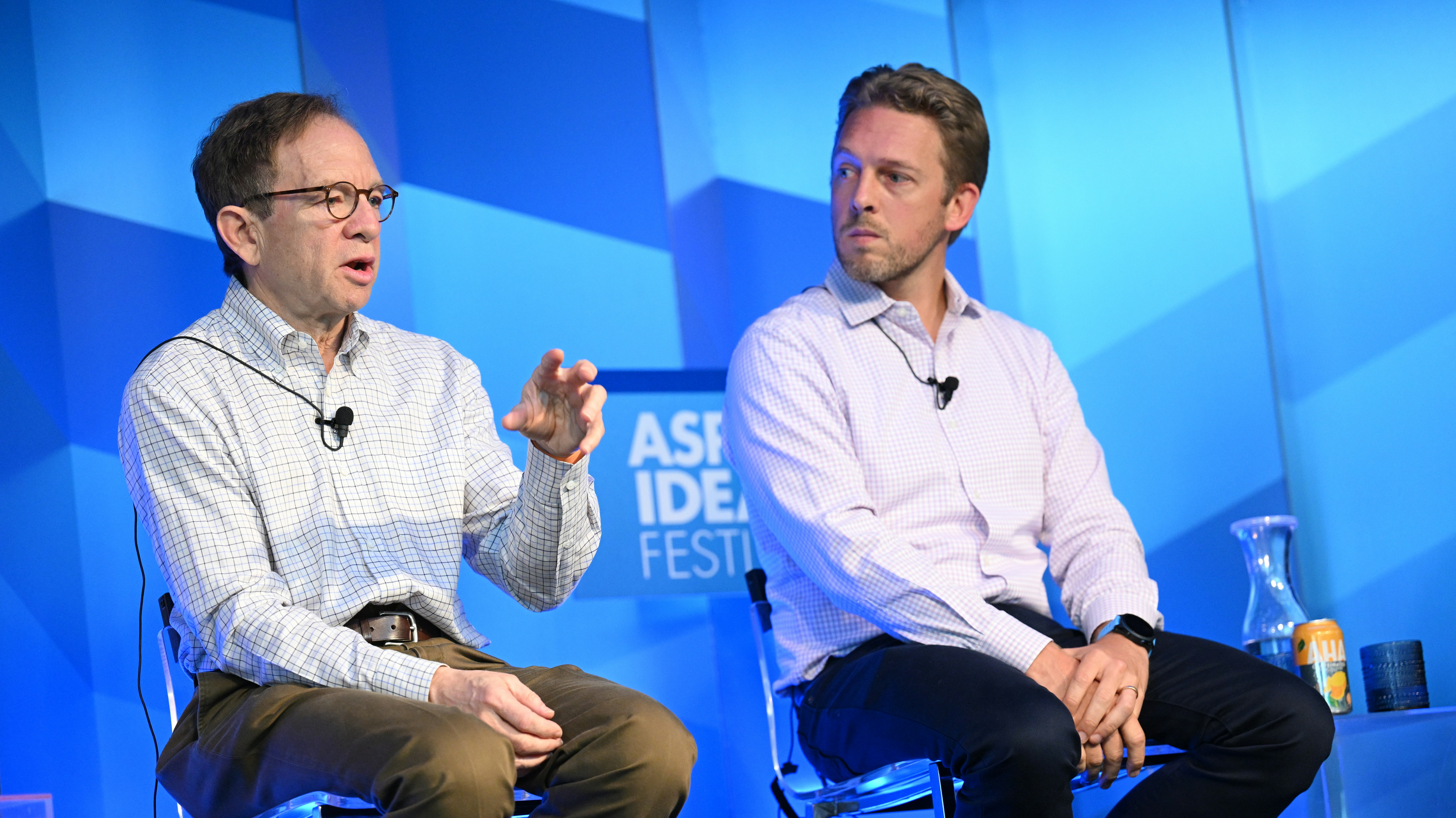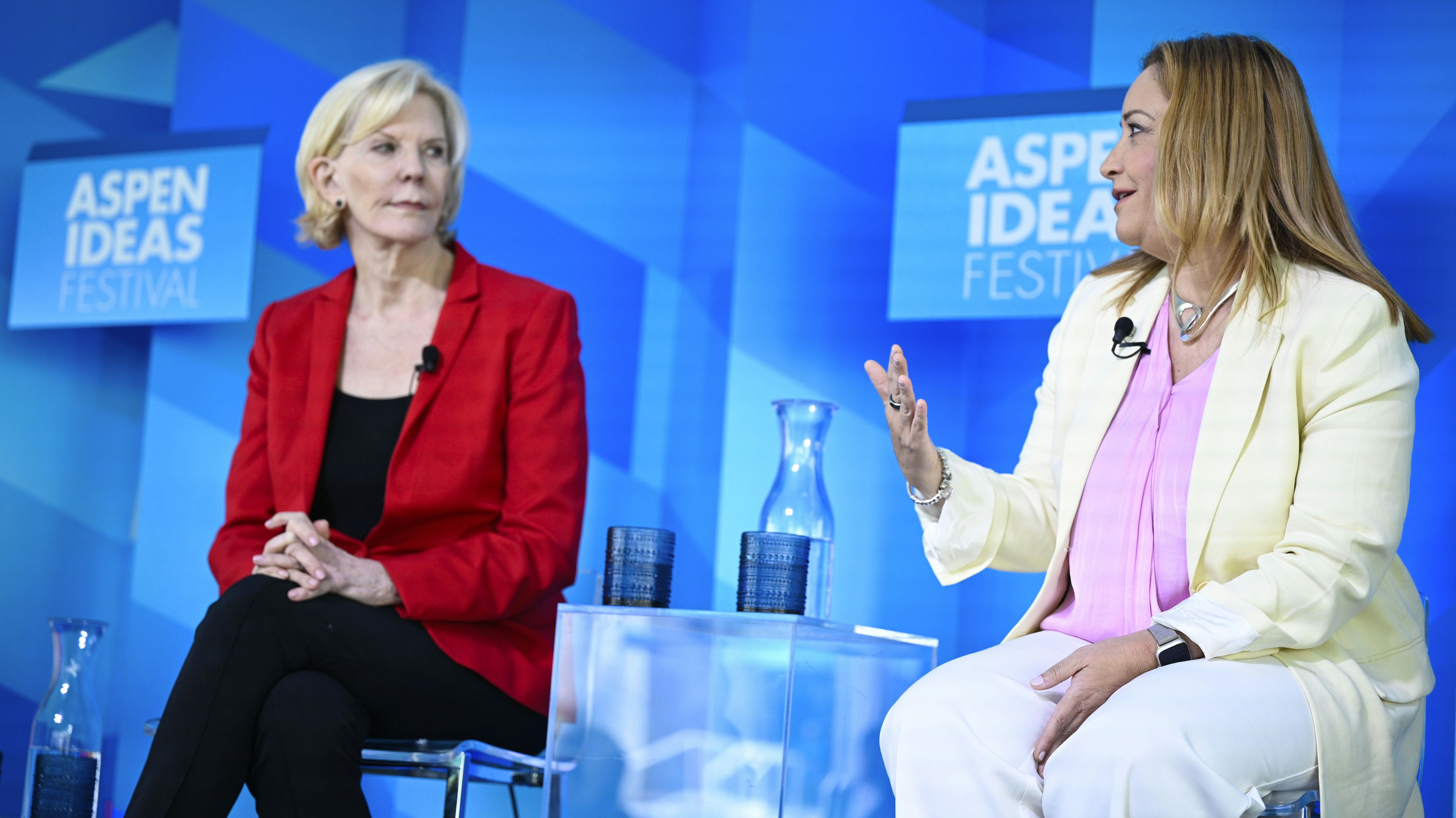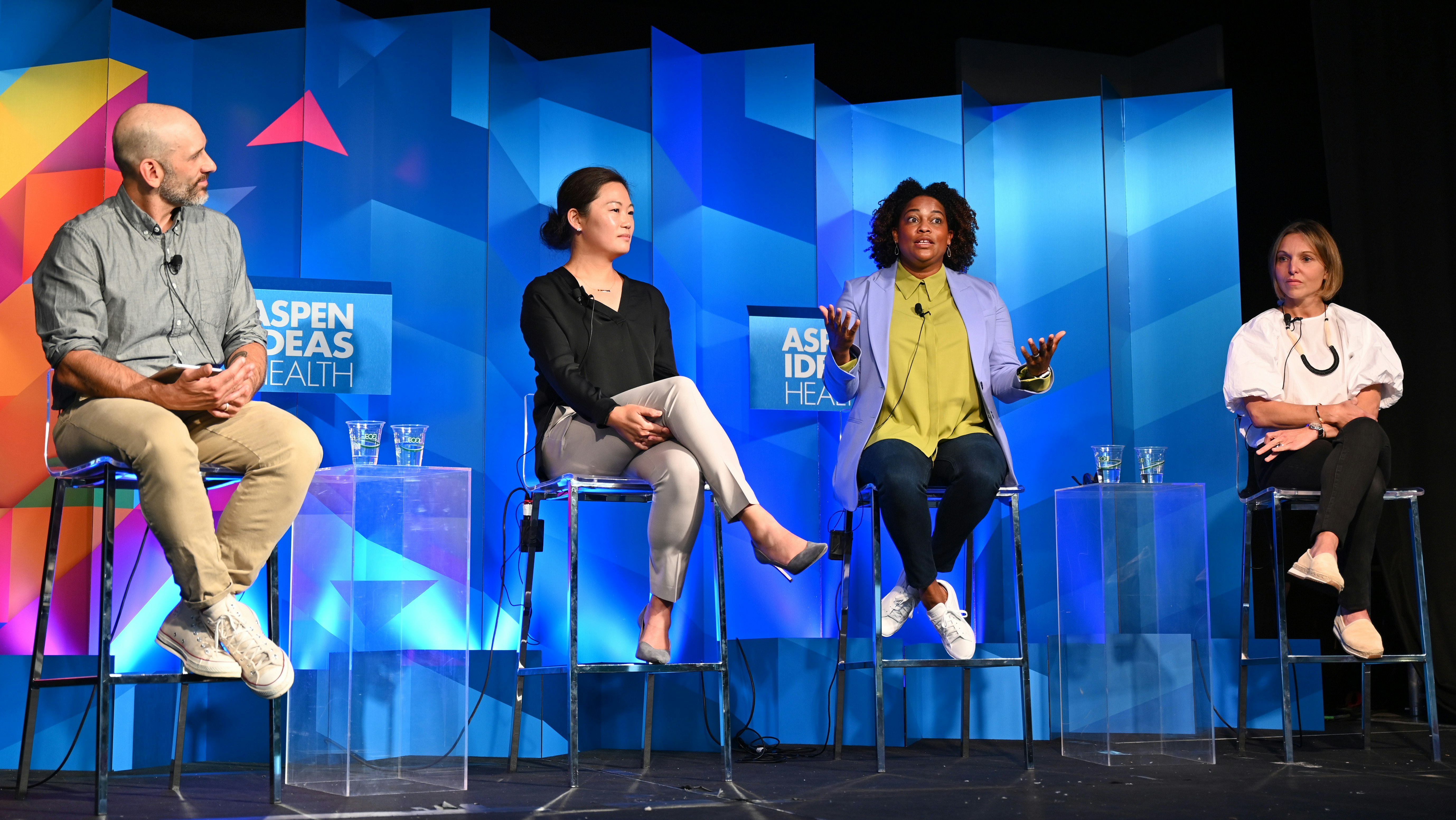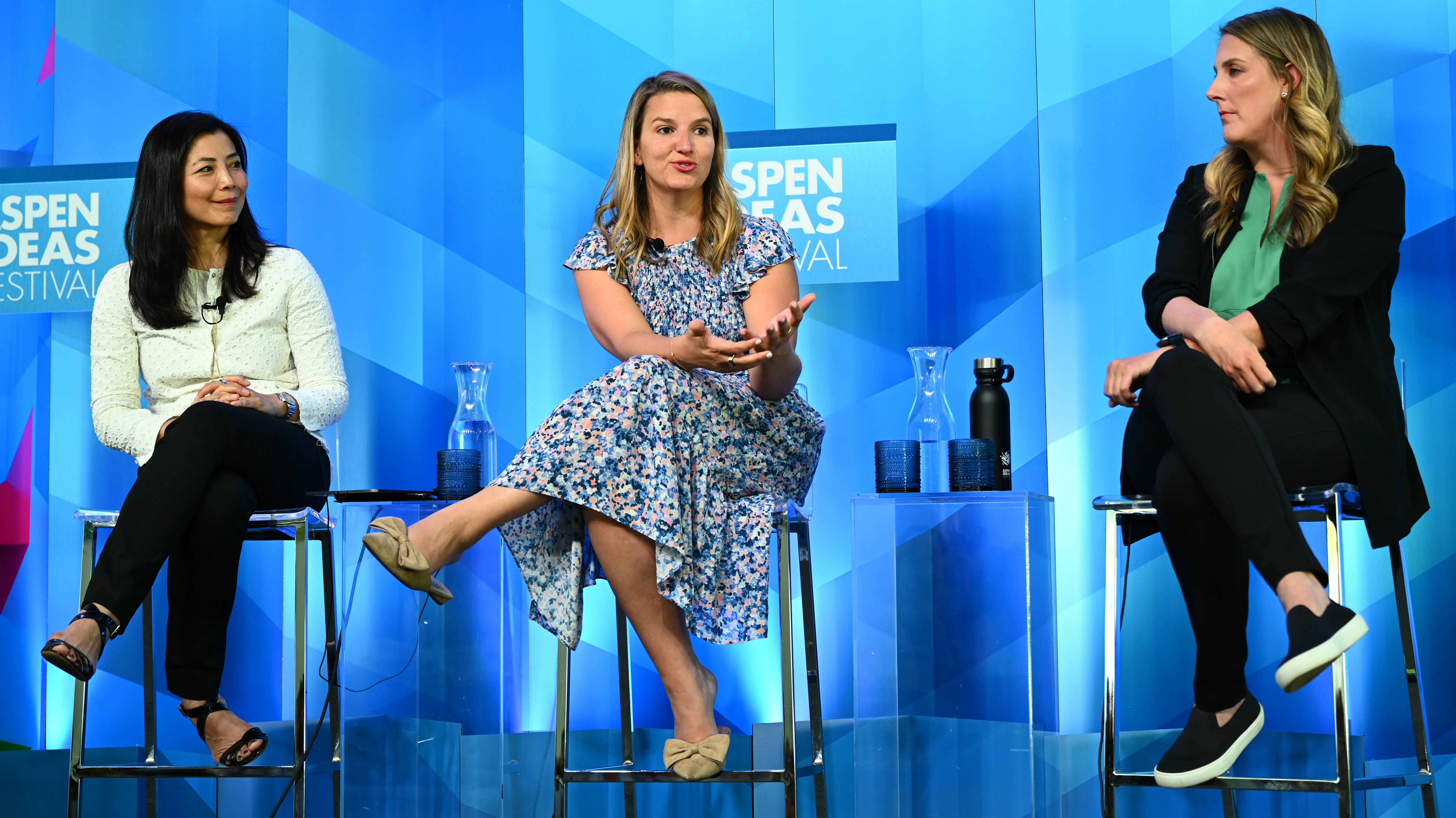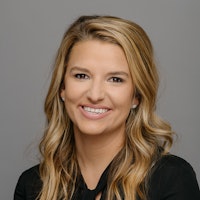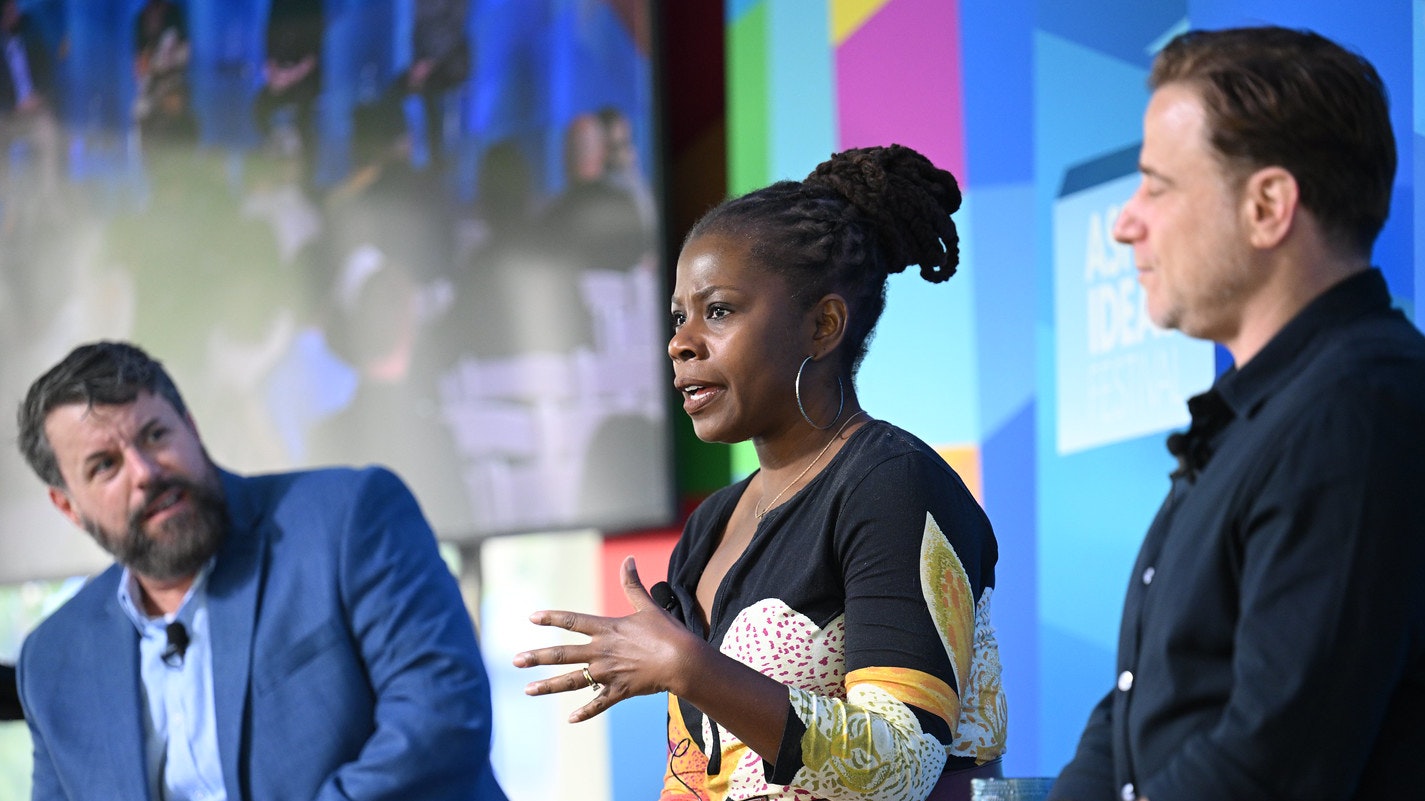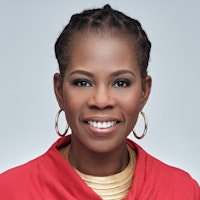
Can We Course-Correct the Mistakes of the Pandemic?
"Inflation isn't going to just cure itself like a cold. We had some serious policy mistakes, we're unwinding them at the moment, and we’re going to have to pay a price," says Steven Rattner, Chairman and CEO of Willett Advisors. Watch as he explains how we got into this situation, and what he predicts it will take for us to get out of it.
To Rebuild the Economy, Invest in Women
The pandemic plunged the country into an economic crisis, with many Americans losing their jobs and forced to reimagine their careers and source of income. The consequences have disproportionately harmed women and people of color, and while men have recovered to the pre-pandemic low in terms of employment, “there are still hundreds of thousands of women missing from the workforce,” says Karin Kimbrough, LinkedIn's chief economist. But there's reason for hope: "the crisis has given a lot of room to entrepreneurship, particularly to women,” says the CEO of SUMA Wealth, Beatriz Acevedo. Watch her discuss the obstacles facing female entrepreneurs and the benefits of investing in women:
Venture capital has long had a transformative influence on the economy. Investors willing to put money on the table often have the most clear-eyed vision of the next big thing — but there is still an enormous under-investment in female- and Black-founded companies, says Kathryne Cooper, partner at Jumpstart Nova. Watch her explain why it's all about "check-writing power" and how the healthcare industry can become more equitable:
Rethinking Education To Democratize Opportunity
"The zip code that you're born into is the number one predictor of the likelihood that you'll go to any post-secondary education and the likelihood of the job you'll end up in," says Rachel Romer Carlson, CEO of Guild Education. "I don't think any of us think that's fair. I think we all know that talent is equally distributed in every zip code in this country. There’s no monopoly on that. It’s that opportunity is not equally distributed.” So how do we change that? Is the traditional four-year degree still the best path to success? How can alternative methods of higher education help low-income Americans advance in the workforce? Watch Carlson dig into these questions and more:
Designing a Flexible and Fulfilling Future with Hybrid Work
“What do we create in an office that’s going to be so compelling that the average person is going to leave the comfort of their home?” asks Jacqueline M. Welch, the Chief HR Officer at The New York Times. The advancement of technology along with the COVID-19 pandemic has forever changed the traditional office experience, making this a key time to reinvent the social contract between employees and employers. Stewart Butterfield, the CEO of Slack, urges companies to “take advantage of the opportunity to reimagine how we work.” Watch their ideas for how organizations should make the most of this moment:


